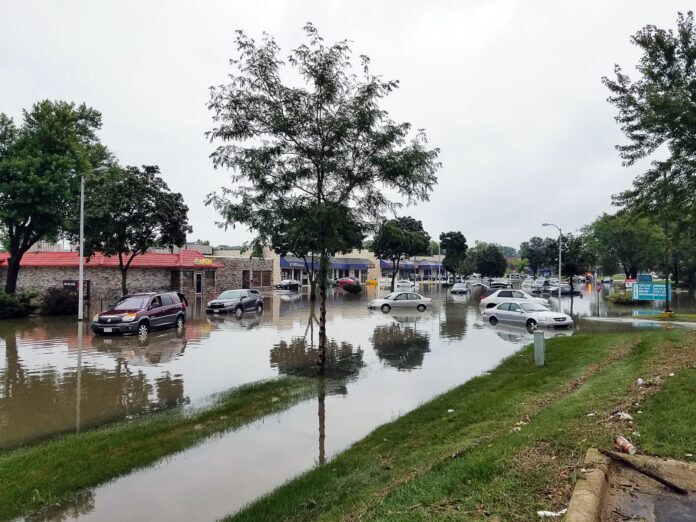The most frequent natural hazard in the U.S. is flooding. More deaths occur per year because of floods than any other thunderstorm-related threat. Flooding composes 75% of the Presidential disaster declarations. Flooding can occur because of heavy rainfall over a few days or extreme rainfall over a short period. Check these vital flood disaster survival tips to help you prepare for the floods.
Evaluate Your Risk
Get to know your area and where you’re going to spend time. Check for past floods and community planning for disasters by local officials.
Enter your address in FEMA Flood Map Support Center and see your risk of flooding in your area.
Get Ready for Flood Warnings
Radios are the best source of flood warnings. Municipal government officials rely on Nixle to make announcements and warnings. Listen for evacuation announcements, don’t wait to get out of here. If you believe your life is in danger, even without an official evacuation call, get to higher ground.
Prepare Your Home
Buy your flood insurance. Store supplies and essential documents in a safe, reachable place away from rising water. Switch off your utilities and appliances. Place delicate and valuable things in the upper part of your house, which could mean the upper floor or the attic. Do not touch any electrical tools if you’re wet or standing in water.
Evacuate If Needed
If there’s water in your house, it’s a good idea to evacuate. Look for places of still water and walk slowly and carefully. If you need to pass through standing floodwater, use a stick, umbrella, or another long object to make sure there’s nothing in the water. Lock your house before you go, just in case of looters, but don’t hang around for too long.
Find Higher Ground or Object if You’re Driving
Do not drive into floodwater while you are in a car. If you can’t drive the vehicle and the water levels go up, exit the car immediately. If there is no higher ground, find a big, durable object and climb it up as high as you can.
The time to prepare for the flood is no better than now. Know your local shelters and emergency zones and have backup plans. Start your flood disaster strategy now before it’s too late.
Your Fellow Patriot,
Steven Bryant








